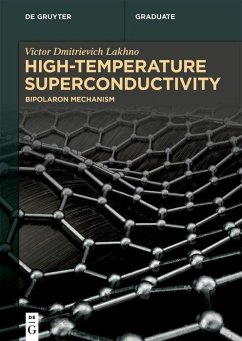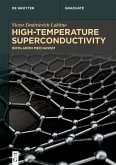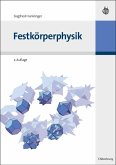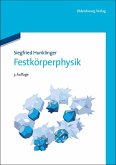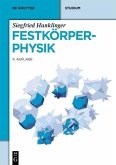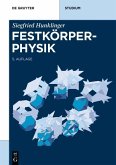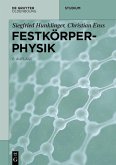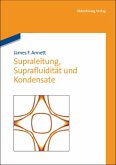High temperature superconducting theory drew controversy after the discovery of superconductors at close to room temperatures. However, a consistent microscopic theory of HT superconductivity based on bipolaron mechanism leads to a better understanding of microscopic and macroscopic description. By presenting aspects of superconductivity now joined in a strict theory rather than separate models this work is especially useful for graduate students.
Professor Dr. Lakhno Victor Dmitrievich, Scientific supervisor of the Institute of Mathematical Problems of Biology, Russian Academy of Sciences, Moscow, Russia.
Professor Dr. Lakhno Victor Dmitrievich, Scientific supervisor of the Institute of Mathematical Problems of Biology, Russian Academy of Sciences, Moscow, Russia.
Dieser Download kann aus rechtlichen Gründen nur mit Rechnungsadresse in A, B, BG, CY, CZ, D, DK, EW, E, FIN, F, GR, HR, H, IRL, I, LT, L, LR, M, NL, PL, P, R, S, SLO, SK ausgeliefert werden.

